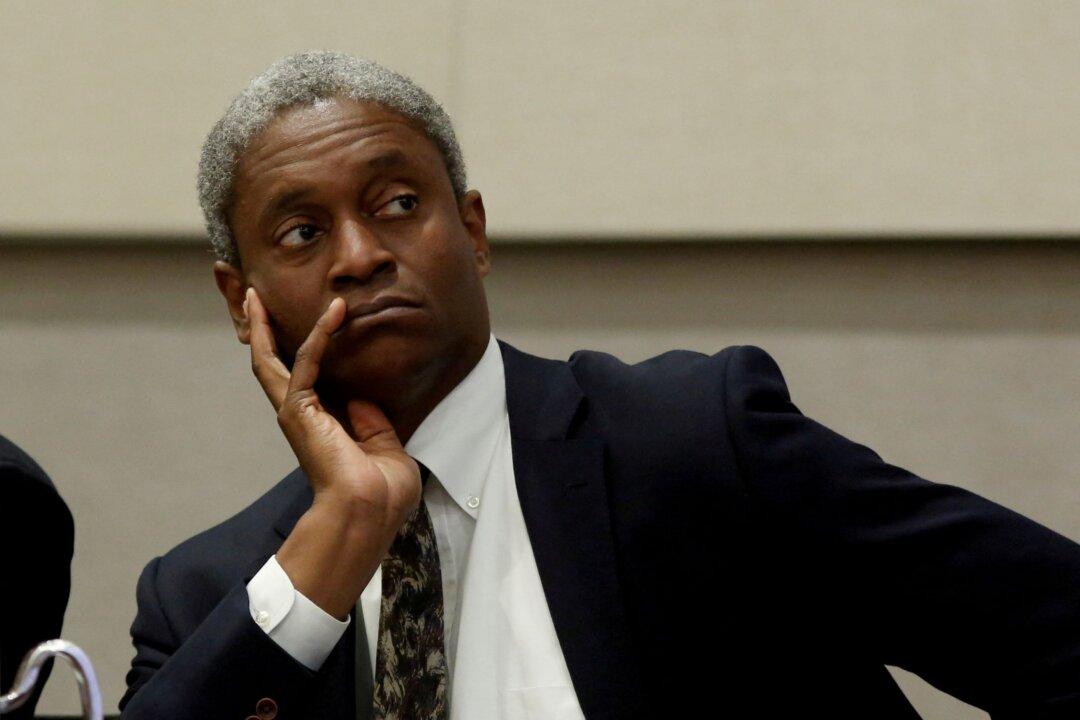Raphael Bostic, the president of the Federal Reserve Bank of Atlanta, is open to continuing to raise interest rates in the months to come if economic data clocks in stronger than expected.
Bostic spoke with reporters on Thursday, acknowledging that he will update his policy trajectory if consumer spending is robust and labor markets remain tight. This, he noted, would suggest that the U.S. central bank would need to employ additional tightening instruments.





